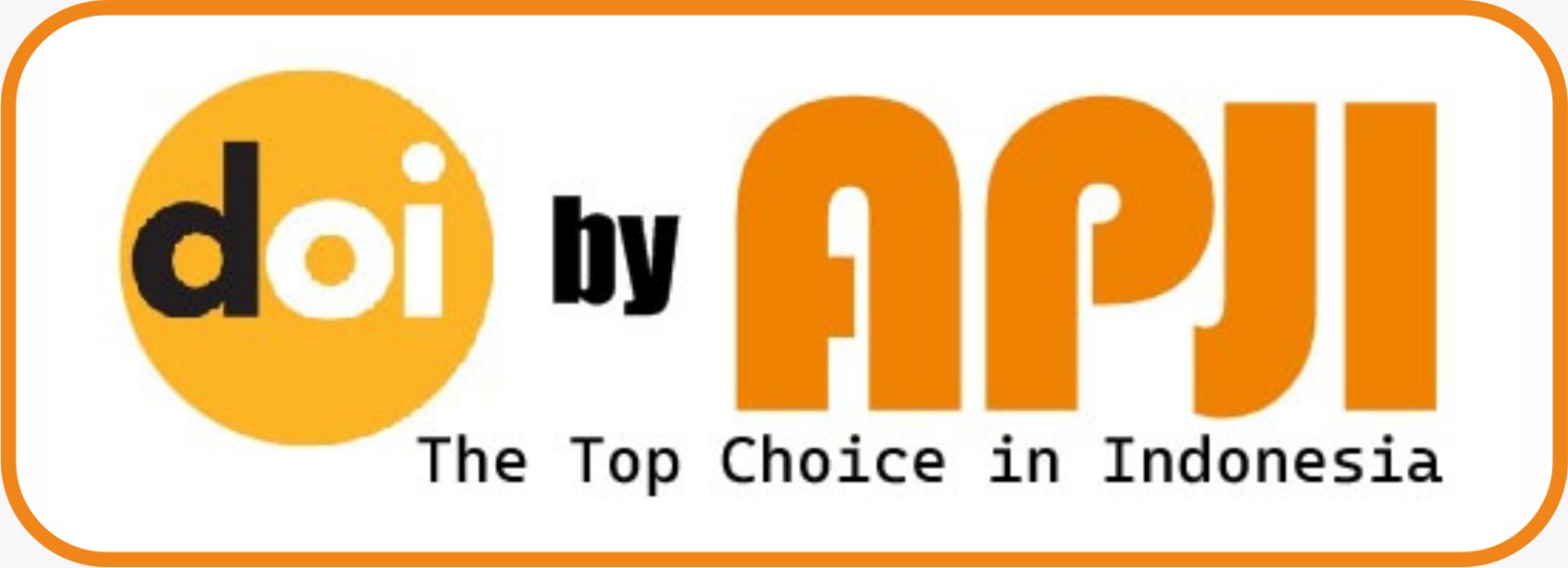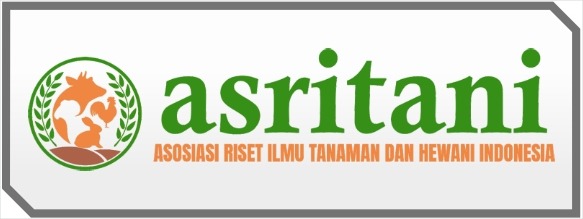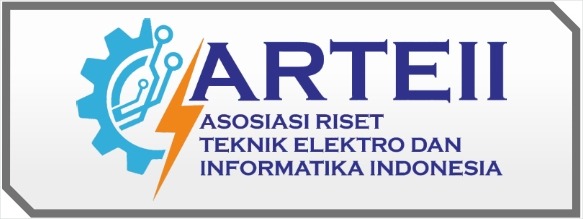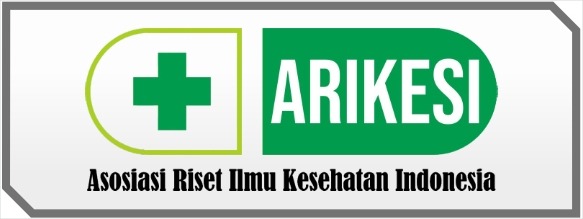Publication Process
The publication process at the AJER ensures rigorous peer review and efficient handling of manuscripts. Below is a concise outline of the publication process:
-
Submission:
- Authors submit their manuscripts via the journal's online submission system.
- Manuscripts must adhere to the journal's submission guidelines and ethical standards.
-
Editorial Screening:
- The editorial office conducts an initial screening to ensure the manuscript meets basic formatting and scope requirements.
- Manuscripts that do not meet these criteria may be returned to authors for revisions before further review.
-
Peer Review:
- Suitable manuscripts undergo rigorous peer review by experts in the field.
- Reviewers evaluate the manuscript's originality, significance, methodology, results, and conclusions.
- Reviewers provide constructive feedback to authors and recommend acceptance, minor revisions, major revisions, or rejection.
-
Decision:
- Based on reviewers' comments and recommendations, the editor makes a decision on the manuscript.
- Possible decisions include acceptance, acceptance with minor revisions, acceptance with major revisions, or rejection.
-
Revision (if applicable):
- Authors revise the manuscript according to reviewers' comments and editor's suggestions.
- Revised manuscripts are resubmitted along with a detailed response to reviewers' comments.
-
Final Decision:
- The editor evaluates the revised manuscript and decides on its final acceptance for publication.
-
Proofreading and Publication:
- Accepted manuscripts undergo copyediting and typesetting to ensure clarity and adherence to journal style.
- Authors receive galley proofs for final review and approval before publication.
-
Publication:
- Once approved, manuscripts are published online on the journal's website.
- Authors receive a digital publication link and are acknowledged for their contributions.
-
Post-Publication:
- Published articles are promoted through indexing services and scholarly databases to maximize visibility and impact.
- Authors can track article metrics and citations through the journal's platform.
-
Archiving:
- Published articles are archived for long-term preservation and accessibility.
This journal applies a single blind review system, where the author’s identity is known to the reviewers, but the reviewers’ identities are kept confidential from the authors.
-
Preliminary assessment time: 14–30 days
-
Review process duration: 14–30 days
-
Publication time after acceptance: 1–14 days
To ensure effective communication and timeliness, reviewers and editors use the publisher’s official email. A reviewer form is also provided to guide reviewers in giving their evaluations.
Throughout the publication process, the AJER upholds ethical standards, transparency, and rigorous academic quality to ensure the integrity and credibility of published research.






















